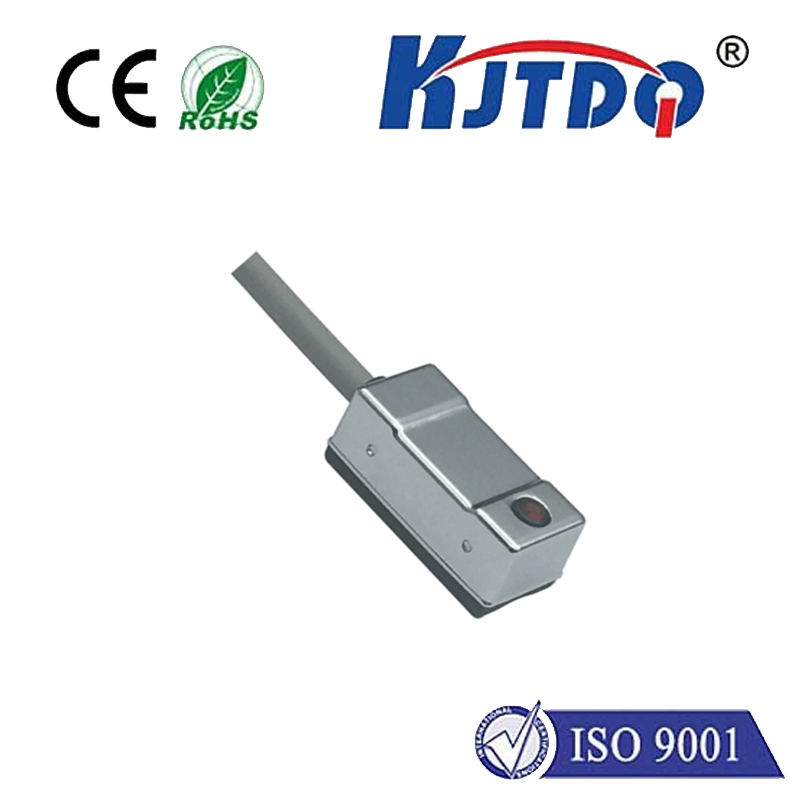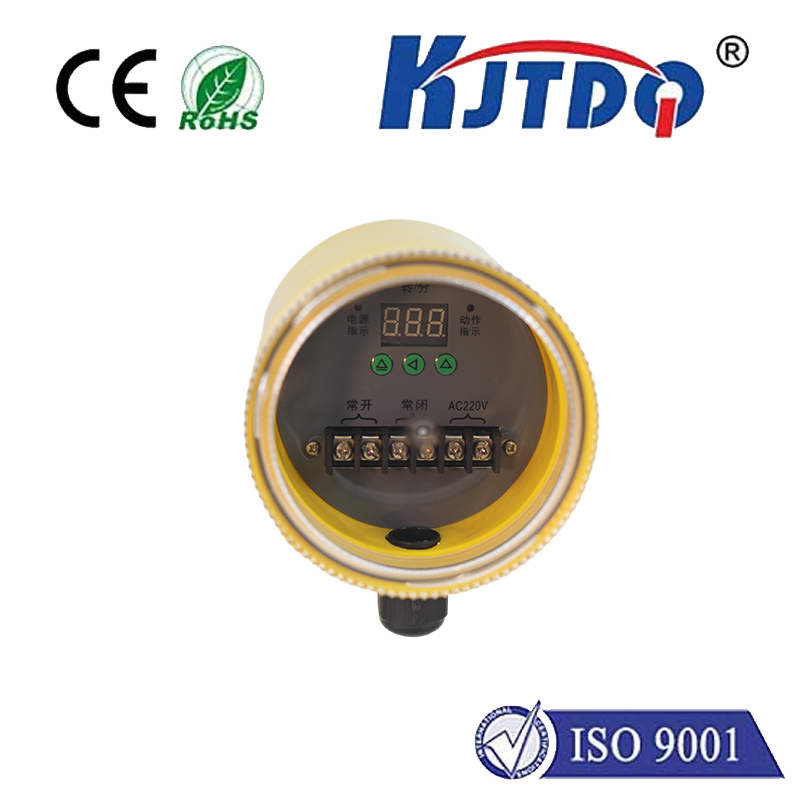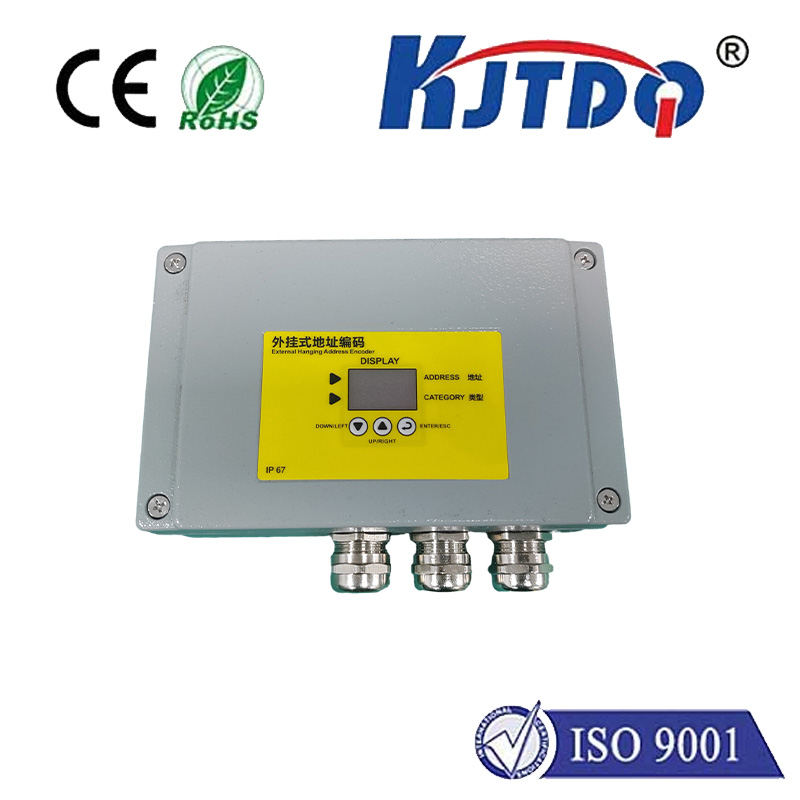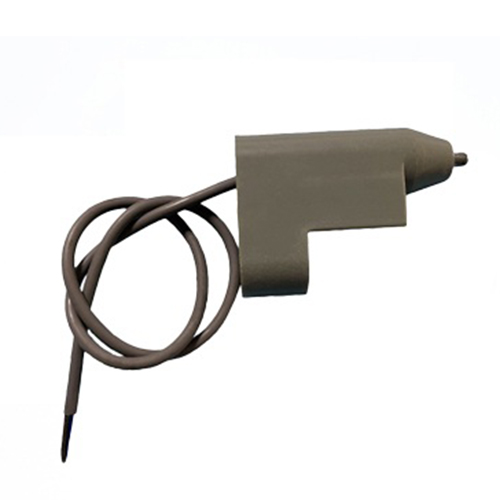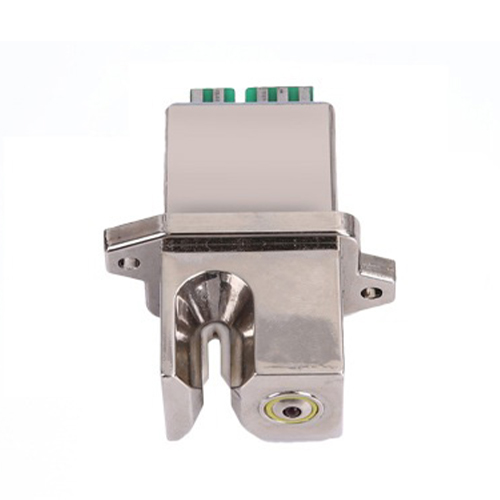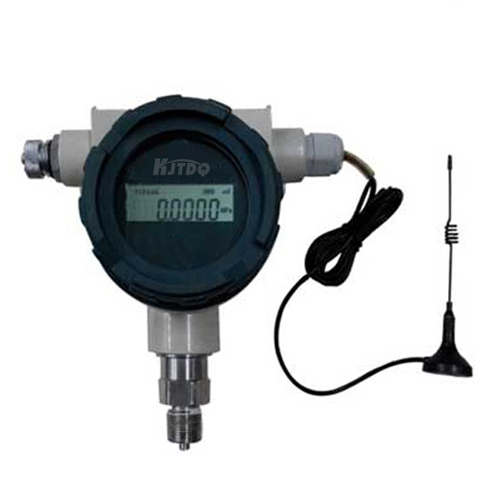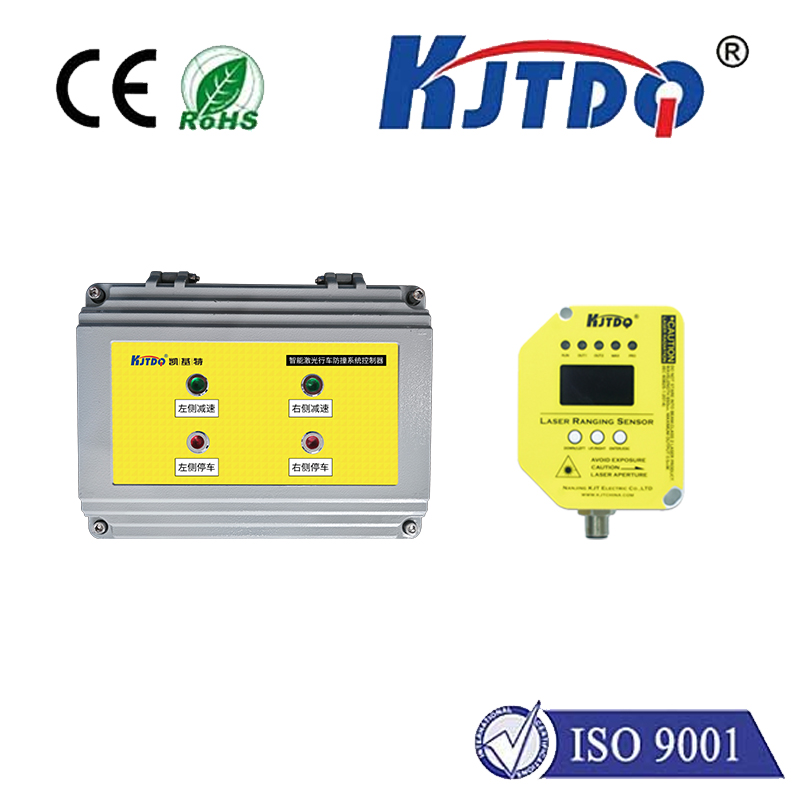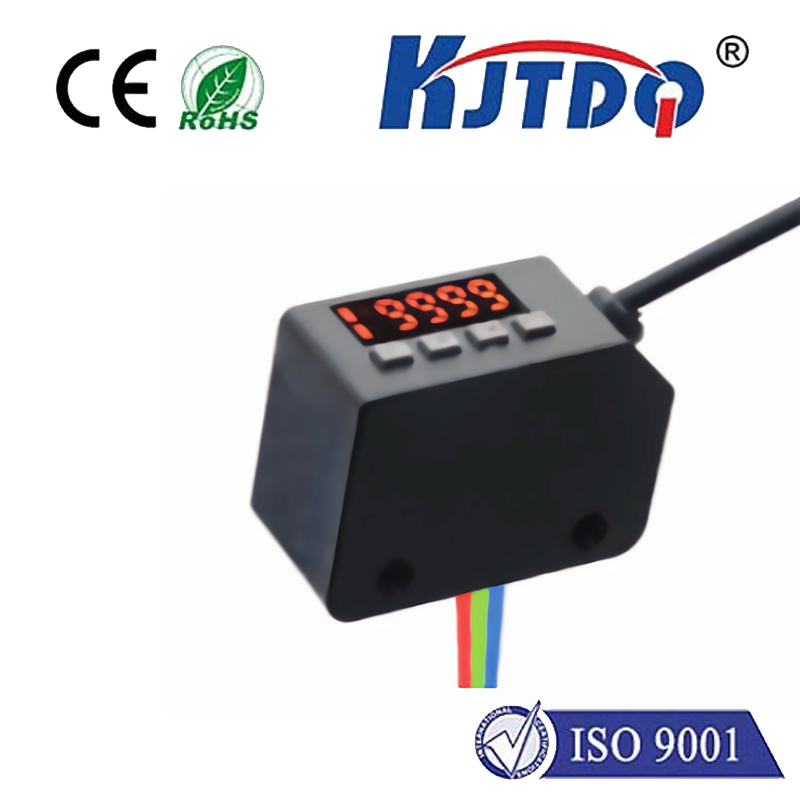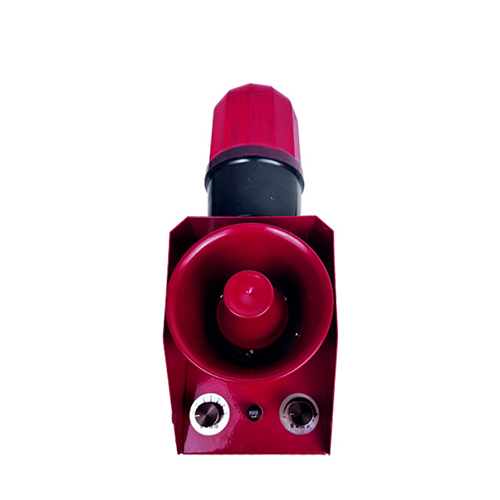

check

check

check

check

check

check

check

check

check

check
High Temperature Capacitive Sensor: A Revolutionary Technology for Industrial Applications
Introduction
In the world of industrial automation and control, sensors play a crucial role in monitoring and regulating various processes. One such sensor that has gained immense popularity due to its unique characteristics is the high temperature capacitive sensor. In this article, we will delve into the details of this revolutionary technology and explore its applications in various industries.
What is a High Temperature Capacitive Sensor?
A high temperature capacitive sensor is a type of sensor that measures the capacitance between two conductive plates separated by a dielectric material. The sensor operates on the principle of capacitance, which is the ability of a system to store electrical charge. The sensor consists of a pair of parallel plates made of a conductive material such as metal or semiconductor, separated by an insulating material called a dielectric. When an electric field is applied across the plates, it creates a potential difference between them, causing electrons to flow from one plate to the other. This flow of electrons generates an electrical current, which can be measured to determine the capacitance value.

Why is it Important?
High temperature capacitive sensors are significant because they can operate at elevated temperatures, typically above 200°C (392°F). This makes them ideal for use in harsh environments such as oil refineries, chemical plants, and power generators, where traditional sensors may fail due to extreme conditions. High temperature capacitive sensors also offer several advantages over other types of sensors, including higher sensitivity, faster response times, and lower power consumption.
Applications of High Temperature Capacitive Sensors
Industrial Process Control
High temperature capacitive sensors are widely used in industrial process control systems to monitor and regulate various processes such as pressure, temperature, and flow. These sensors provide accurate measurements even in extreme conditions, ensuring that industrial processes run smoothly and efficiently.
Automotive Industry
High temperature capacitive sensors are essential components in modern automotive engines, where they monitor engine parameters such as oil level and engine coolant temperature. They help optimize engine performance while reducing fuel consumption and emissions.
Medical Devices
High temperature capacitive sensors are also used in medical devices such as blood glucose meters and body temperature monitors. They provide accurate readings even in extreme temperatures, making them ideal for use in critical healthcare applications.
Conclusion
High temperature capacitive sensors are a revolutionary technology that offers numerous benefits over traditional sensors. Their ability to operate at elevated temperatures makes them ideal for use in harsh environments such as industrial processes, automotive engines, and medical devices. As technology continues to advance, it is likely that high temperature capacitive sensors will become even more prevalent in various industries, driving innovation and improving overall efficiency.
